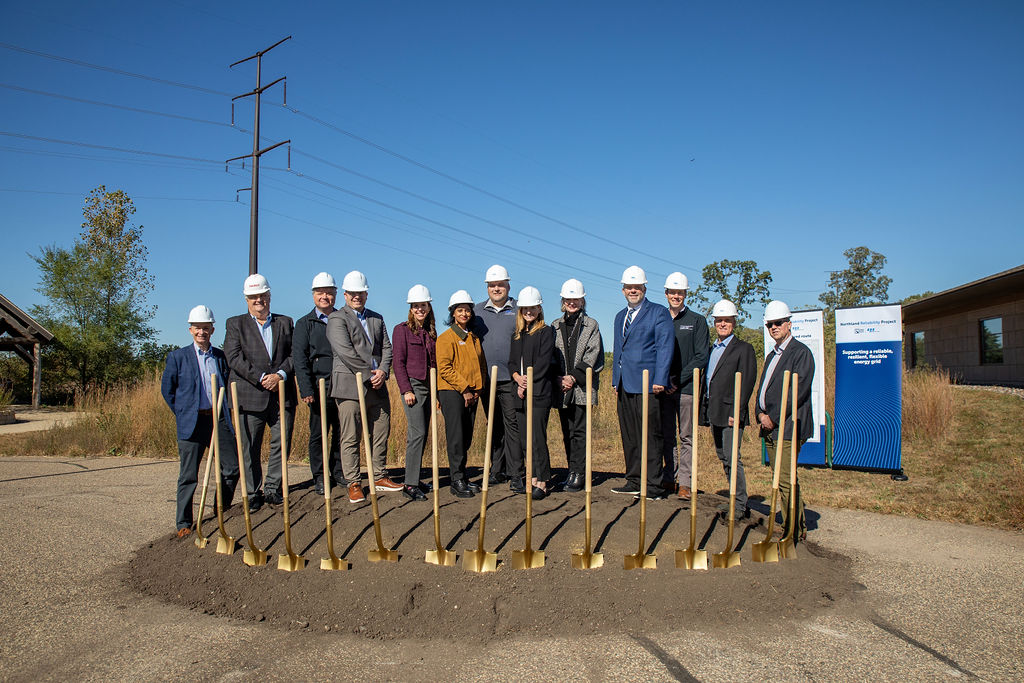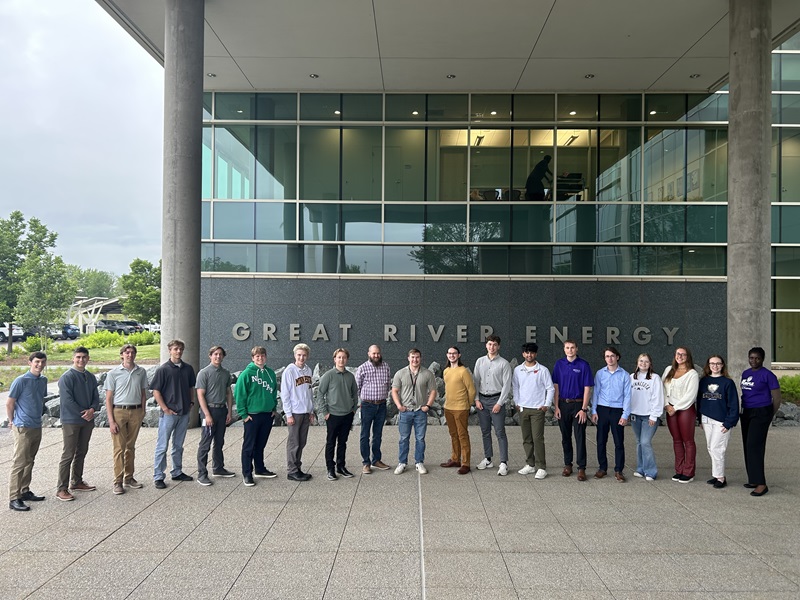Following a contentious election season, Minnesota and North Dakota legislators are back to work in their respective state capitols for their 2025 legislative sessions. Great River Energy will be keeping a close eye on the happenings of the legislatures and taking the time to educate new and returning elected officials while advocating on behalf of our member-owners.
Minnesota
The Minnesota legislative session convened Jan. 14, following an election that brought a surprising twist.
Minnesota was launched onto the national stage when Gov. Tim Walz was added to the Kamala Harris ticket as the vice presidential nominee. Although Minnesota was one of the states that went to the Harris/Walz ticket, the overall trend — even in Minnesota — was more conservative.
The Senate currently has the DFL with a one-seat majority; however, a felony burglary trial for one senator and special election following the death of another may shift power.
All 134 seats of the House of Representatives were up for election in 2024. Republicans needed to flip only four seats to take back the majority. The House ended up in a tie of 67-67.
Democrats and House Republicans have agreed each committee will have an equal number of Democrats and Republicans and will be co-chaired by a Democrat and Republican.
Great River Energy and the Minnesota Rural Electric Association will take the opportunity this session to educate new elected officials about cooperatives and advocate for member-owners.
North Dakota
While the North Dakota political landscape may feature many new faces, the party makeup of the federal elected officials as well as the North Dakota House and Senate remain relatively unchanged.
Republican U.S. House Representative Kelly Armstrong won his race to become the 34th governor of North Dakota, and North Dakota Public Service Commissioner Julie Fedorchak was elected to serve in the U.S. House.
Gov. Armstrong and Lt. Gov. Michelle Strinden have officially assumed office. Armstrong succeeds Gov. Doug Burgum, who chose not to seek a third term and instead ran for U.S. president. Before becoming governor, Armstrong served in the state Senate and chaired the state Republican Party. After the presidential election, Burgum was appointed secretary of the Department of the Interior and chair of the newly formed National Energy Council.
Republicans hold a supermajority in both the Senate and the House. As the session starts, Republicans will have a 42-5 majority in the Senate and an 83-11 majority in the House. All statewide elected offices are held by Republicans.
Due to recent term limits and retirements, there will be a significant number of new legislators, offering opportunities for Great River Energy and the North Dakota Association of Rural Electric Cooperatives to educate them on the electric cooperative business model and the communities served by the membership.
 " data-object-fit="cover">
" data-object-fit="cover">
 " data-object-fit="cover">
" data-object-fit="cover">